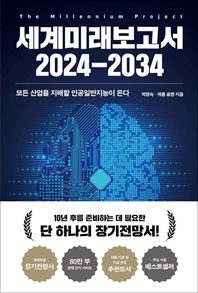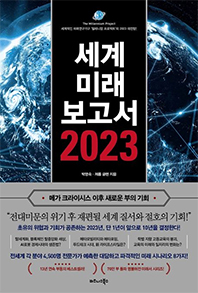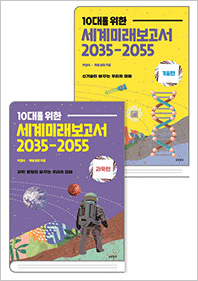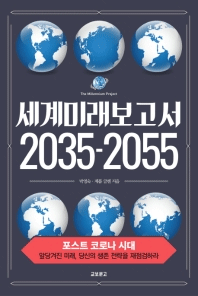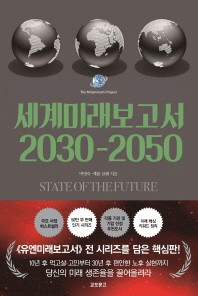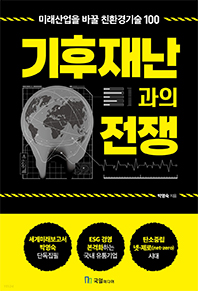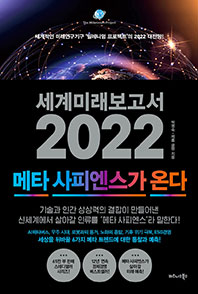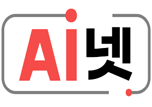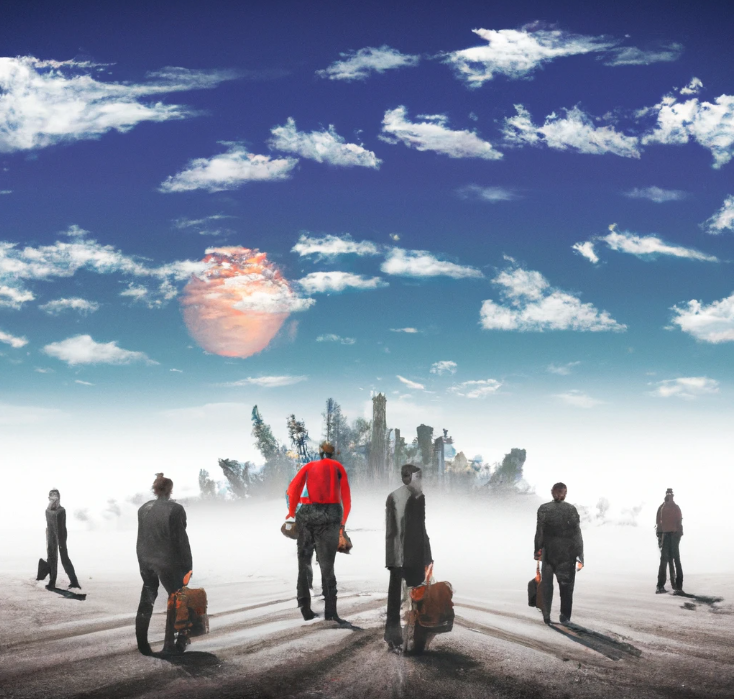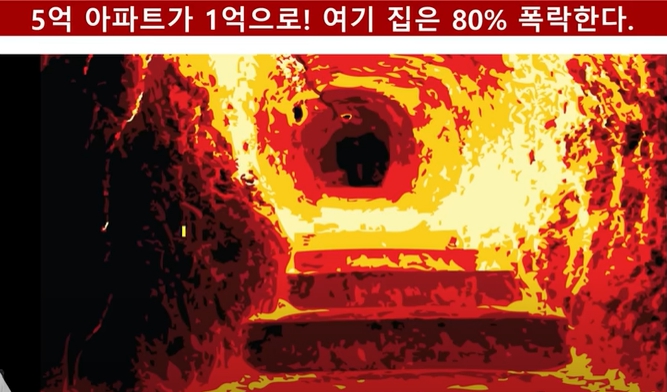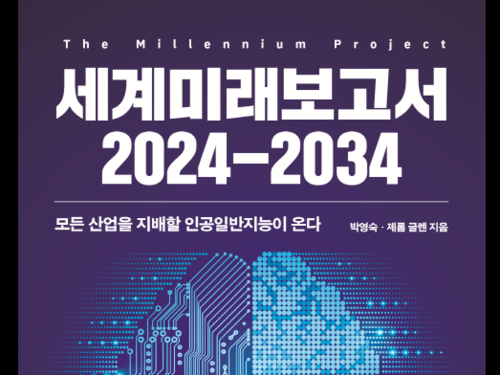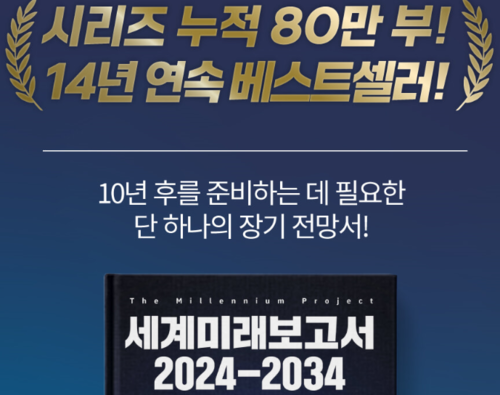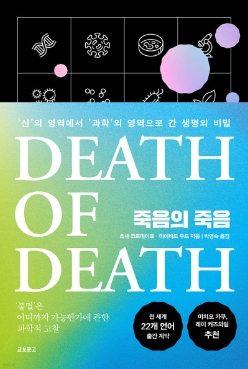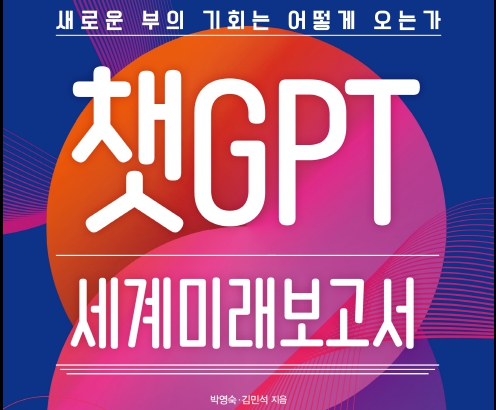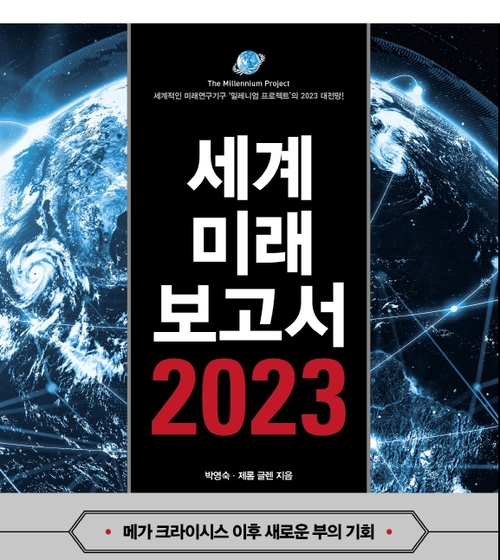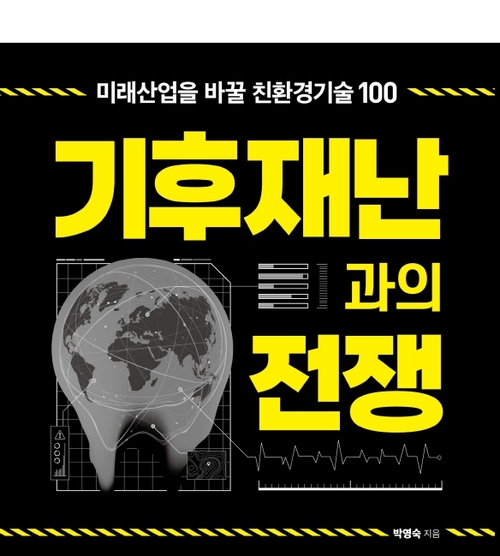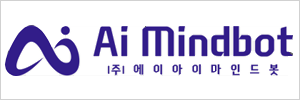Not my words, these are in fact an extract from the video-prediction that the World Economic Forum (WEF) has recently published and then taken off their website, the clip proposes to act as a crystal ball divining how lives of people around the planet will look like in 2030. Beside the annihilation of private property it foresees drone deliveries of rented goods, the decline of US global dominance, organs printing, a fall in meat consumption and international travels, one billion people been displaced by climate change, a global tax on fossil fuels, the start of a space journey to find alien life and our western values been put under test. Obviously, this is not a prediction but a sales pitch instead. WEF's mission is stated to be "improving the state of the world by engaging business, political, academic, and other leaders of society to shape global, regional, and industry agendas", the possible reasons for exposing their objectives so explicitly through the videoclip above could be to measure reactions and start adapting the public around their ideas. Despite the clumsy "debunks" of some mainstream media what happened was a reformulation of the controversial term "New World Order" that was used several times before by political leaders such as George H.W. Bush, Henry Kissinger in 1994 and lately by UK former prime ministers Tony Blair and Gordon Brown among the others, a term that had somehow absorbed negative moral connotates and required rebranding. We are now slowly acclimatising with what WEF named "Great Reset", a proposal to rebuild the global economy in a sustainable way after the current COVID-19 emergency which is seen as an opportunity for shaping a recovery and the future direction of global relationships, economies and priorities. No conspiracy theories involved then, when founder and executive chaiman of WEF Klaus Schwab says that the World Health Organisation (WHO) "is the only organization capable of coordinating a global response to the pandemic" suggesting that in the near future it will, together with the United Nations (UN), replace nation-states in the direction of global governance, it is understood that the project's aims are so transparent such as not to tolerate any dissent, especially when expressed by individual elected governments.
However hard is to detach morally from topics like these, opinions are not the main point here as we better abstract from any 'ism' and look at things from a neutral perspective before choosing or not choosing sides. Along with the abolition of family, countries and nationality, that of private property is one, if not the fundamental, principle of Karl Marx Communist Manifesto. The argument is that bourgeoisie-controlled property represents a social power, not a personal one, common property instead would eliminate its class character challenging bourgeoisie freedom and therefore aiming at eliminating it altogether with other social stratifications. In contemporary times the bourgeoisie is defined as the middle class and upper-middle class, a category of humans that owns a certain cultural and financial capital. Vagueness here is king, as there is no way to decrete the boundaries between a class and the other unless appealing to arbitrary classifications. On top of that, by means of logic, private property simply cannot be eliminated since if owning something corresponds with the power of using it and benefiting from it, then if nobody owns a thing, no one should also use it. The idea of common property while not then allowing masses to use means of production and capital, ought to be understood in this case as a centralised power of equally redistributing them, the idealistic aura at this point begins to fade and starts resembling some political ghosts from the past. Obviously the times are different and history does not necessarily repeat itself, it is just not clear how the new leveling will be achieved and if the "be happy" bit on the clip's introduction ought to be understood as promise to be delivered or an intimation to adjust with. Transnational organisation such as WEF are thriving in the globalised world and the biggest players in the financial arena seem preparing accordingly, at the start of 2021 with 242,000 acres Bill Gates has become the biggest farmland owner in US while Jeff Bezos is also investing heavily on land with 420,000 acres, Liberty Media Chair John Malone topping the global list with 2.2 million acres of ranches and forests. There are two standpoints from which to evaluate this sudden appetite of business moguls which I call Naive and Power angle: the former shows the good intentions of foundations such as the Bill and Melinda Gates towards the promotion of high-yield, sustainable agriculture and the development and proliferation of “super-crops” resistant to climate change and higher-yield dairy cows, the latter has to do with the strenght of owning food-production means in a scenario of global reshaping such as the period we all experiencing right now. In a famous quote Henry Kissinger noticed that "who controls the oil controls the nations, but who controls the food controls the people", the current geoglobal structural changes suggest both a taste for farmland and a decline in oil consumption and price together with an enviromental stigma attached to it. Crude has fallen from a peak of USD 168 in 2008 to USD 61 in 2021 having seen an abyss when in April 2020 collapsed to USD 19, international policy is following suit on the back of enthusiasm around sustainability and the massive switch of capital taking place within the energy sector.
Ultimately, it seems clear that, at least in the West, globalisation is gaining momentum while taking away power from the hands of national governments, traditionally leading industries and probably the middle class in favour respectively of transnational organisations, rising energy players and a handful of whealthy privates. WEF mission of abolishing private property reflects its hunger for global governance assisted simultaneously by similar goals of the sustainability sector, it is left to know whether the public is ready to accept that silently. While talking global communism and universal income few years ago, philosopher Slavoj Žižek said that the ideal state of human beings is indeed one in which someone else from above provides all the necessary in order for them to express their creativity and enjoy leisure. It was probably a subjective consideration after all since we don't need to bother Nietzsche in order to suspect that human nature has also a lot to do with an innate drive for power, owning property is possibly one of the more immediate expressions of it and while history teach us that large scale financial leveling has both practical and ethical problematics, it also reminds us that those attempts are not likely to endure against the evergrowing desires of the masses. Happiness or power, what do you choose?




